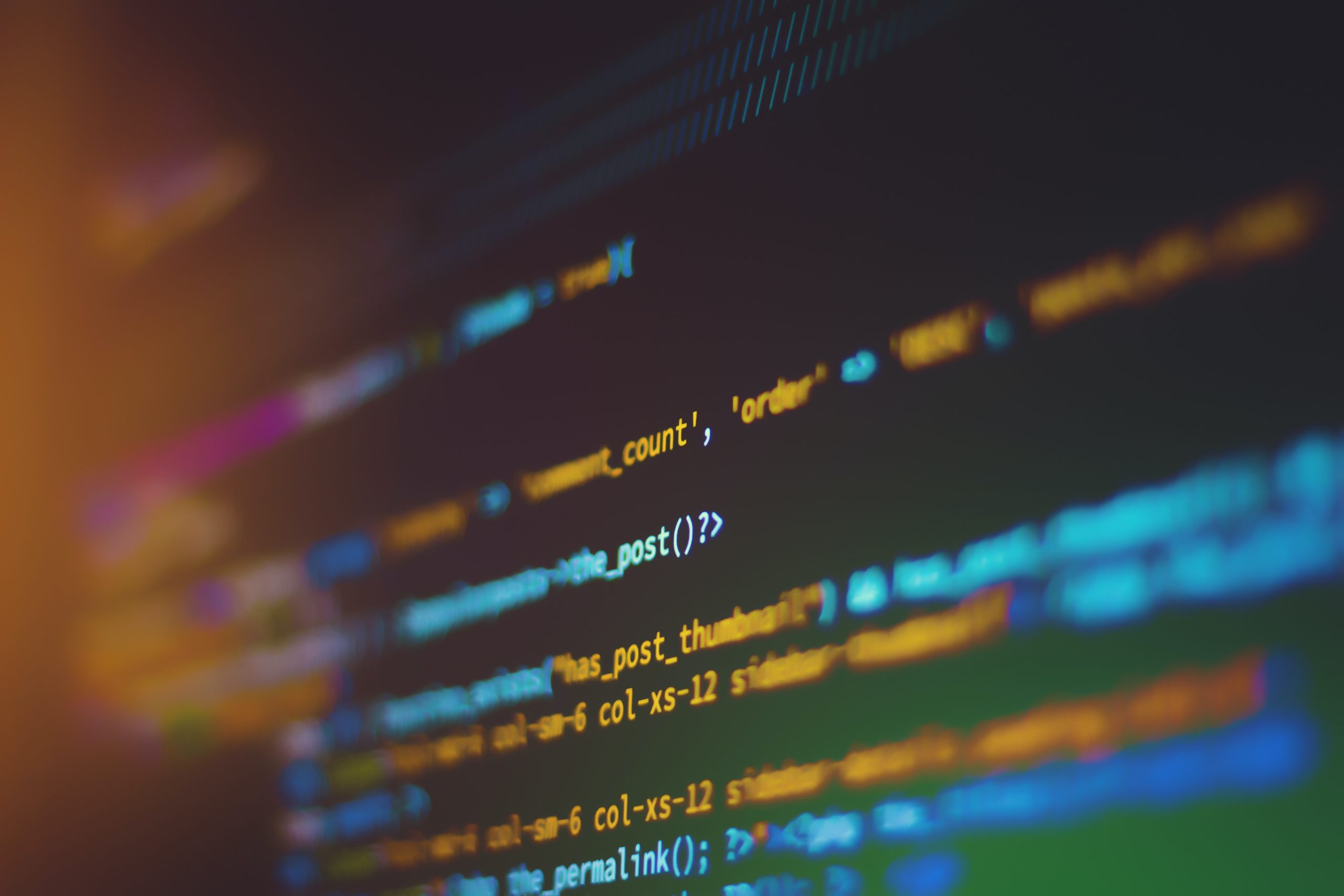
Oracle sued Google for copyright infringement on August 13, 2010 regarding Google’s use of 11,500 lines of Java code and application programming interfaces (APIs). The longstanding legal battle between Google and Oracle was argued in the Supreme Court on Wednesday, October 7th and will establish major precedent every software company should understand.
Factual Background
Sun Microsystems, an Oracle company, created Java in the early 1990s. Java is a widely known programming language consisting of a set of libraries documented for programmers via APIs. These APIs help software developers create new applications intended to run on any device or operating system.
Google used roughly 11,500 lines of Java code and related APIs to launch their Android operating system. Google claims their use of Java is protected under Fair Use, while Oracle argues Google’s use of their code constitutes copyright infringement . Other large technology companies submitted amicus briefs, including Microsoft supporting Google.
The US District Court ruled in Google’s favor on this issue; however, the circuit court overturned in favor of Oracle. Now, the Supreme Court is posed with a critical question: is Google’s use of Oracle’s code copyright infringement, and is it protected by the Fair Use doctrine?
Impact on Software Companies and Startups
Regardless of the outcome, there may be a negative impact in the startup and technology community. First, a ruling in favor of Oracle will create high barriers to launching new technology startups by requiring significant resources and time to build their own interoperable code. Second, a ruling in favor of Google may reduce intellectual property rights on new software.
Open-source code from large software companies like Oracle allow technology companies to seamlessly build and distribute their software across various operating systems. This reduces the time and resources required to develop new software. Without free use of APIs to access existing code and libraries, new technology startups will either require substantial capital to launch new software, or they will be subject to large companies like Oracle giving them a software license.
However, protection over original work is also at risk. Ruling in favor of Google will lower the barriers to launching new software, but it eliminates intellectual property that spurs innovation. New developers losing the right to protect their code may have a chilling effect on creating new, innovative software.
The decision is expected by June 2021.
